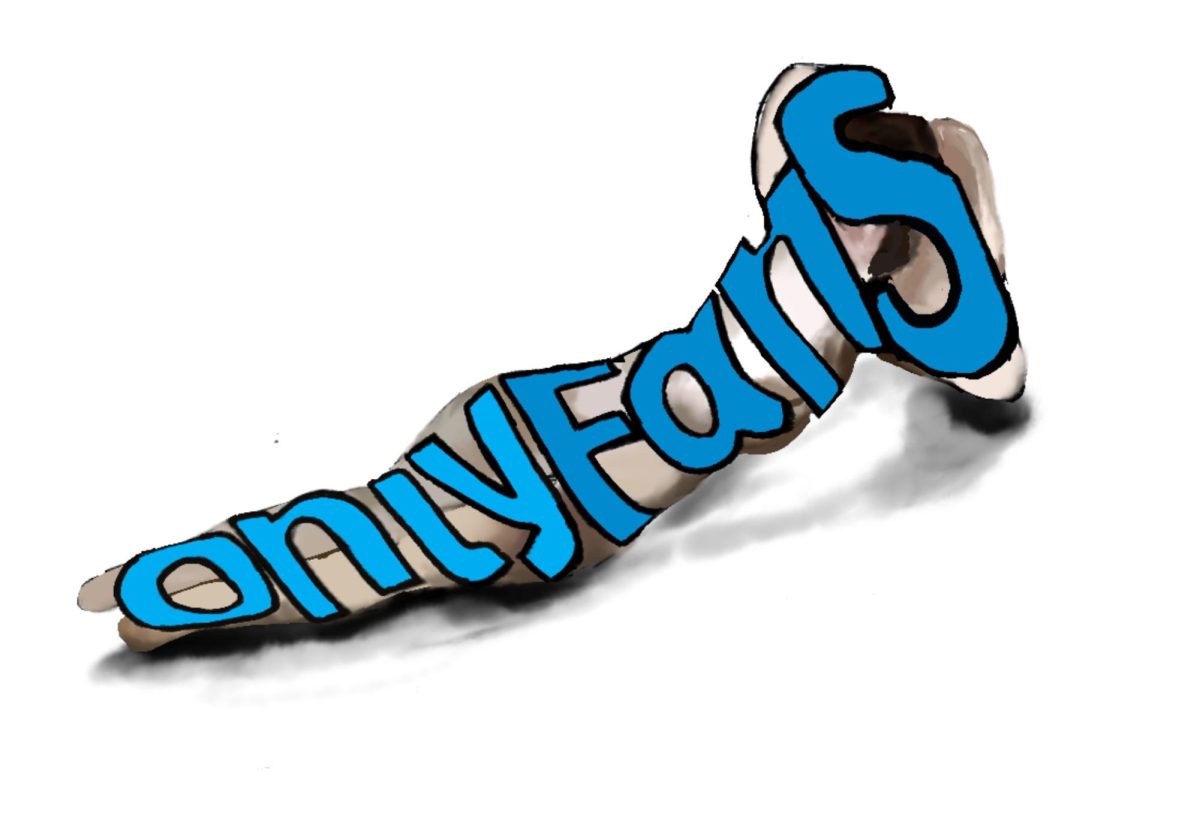In an extraordinary story of lost fortune, James Howells, a Welsh computer engineer, made headlines when he accidentally discarded an encrypted hard drive with Bitcoin now worth a shocking CHF 673 million.
Back in 2009, Howells began mining Bitcoin as a hobby, at a time when the cryptocurrency was virtually unknown and practically worthless. Using his personal laptop, he successfully mined 8,000 Bitcoin. Mining was a relatively simple process, requiring only standard hardware, unlike the specialized setups used today. Four years later, in 2013, Howells dismantled his laptop and kept the hard drive in a drawer as a potential backup.
During a routine cleanup Howells’ former partner, Halfina Eddy-Evans, unknowingly disposed of the hard drive. When interviewed by the Daily Mail, she disclosed he had asked her to get rid of any “unwanted belongings.” By then, Bitcoin’s value had started to climb but Howells only realized the severity of this mistake later that year.
Some might wonder what could make someone search through tons of garbage to retrieve a lost hard drive—what even is Bitcoin? In simple terms, Bitcoin is a form of digital currency that was created in 2009. The creator is not known but is presumed to have the pseudonym Satoshi Nakamoto. Unlike traditional money, Bitcoin is not controlled by banks or governments. Instead, people can send it directly to each other online, like sending an email. What makes Bitcoin particularly unique is its rarity: only 21 million Bitcoins will ever exist, which adds to their value. Over time, its worth has grown as more individuals and businesses have adopted it. Notable companies that accept Bitcoin as a form of payment include Burger King, Tesla, Microsoft, and Ferrari.
When Howells lost his hard drive, the 8,000 Bitcoins were worth around CHF 560,000. He speculates that by 2026 the value could reach £1 billion.
Determined to recover his lost fortune, Howells launched an ambitious plan to locate the hard drive. He assembled a team of experts, including environmental and data recovery specialists, to develop an excavation strategy. He claims he had narrowed down the potential location of the device to a 100,000-tonne section of the landfill, and asked the Newport City Council for access to the area. He even offered the council a share of the Bitcoin if the hard drive was successfully retrieved.
However, on January 9th of this year, High Court Judge Keyser dismissed Howells’ claim, citing it “has no realistic prospect of success at trial, nor is there any compelling reason for it to proceed.” According to the Newport City Council, at that point, the hard drive was “buried under 25,000 cubic meters of waste and earth.” Legal arguments stated that the drive became council property upon entering the landfill, and environmental regulations prohibited excavation efforts.
Newport City Council’s resistance is rooted in practicality and environmental safety. In a statement to the BBC, Council barrister James Goudie KC said, “Bitcoin enthusiasts are not above the law.” The landfill contains over 1.4 million tonnes of waste, and the search would involve disturbing a significant portion of it. Additionally, the council’s environmental permits explicitly forbid such excavation activities. Officials argue that the risks outweigh any potential benefits.
Despite numerous setbacks, Howells remains undeterred. When interviewed, he stated, “This problem is never going to go away. This is always going to be a treasure hunt. […] The treasure is getting more and more valuable by the day.” His story has captured international attention, sparking debates about property rights, cryptocurrency, and environmental ethics. While he continues to explore alternative methods to recover the lost fortune, the odds seem to remain slim. For now, the hard drive presumably lies buried beneath layers of waste in the Newport landfill.




